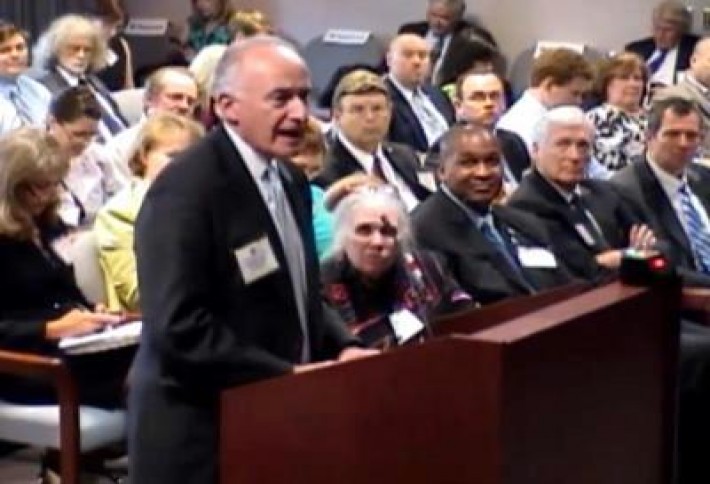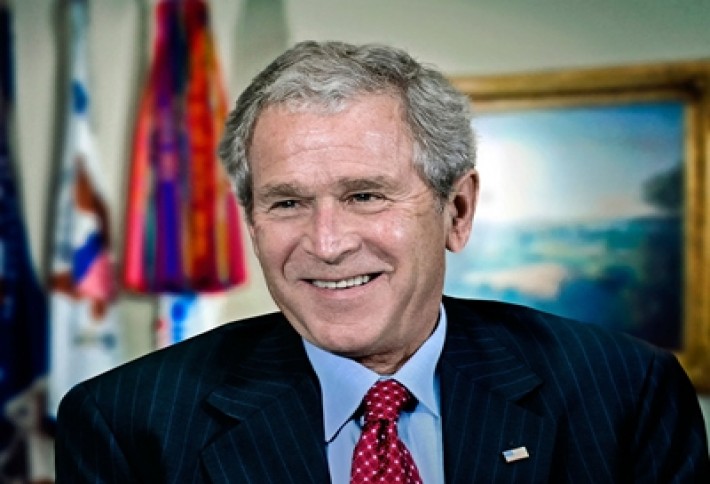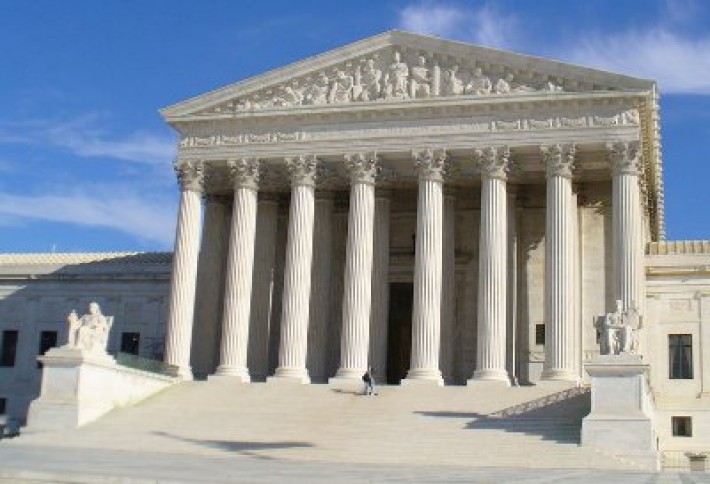Will Recess Appointment Ruling Stand?

Jeffrey Toobin put out a scathing denunciation of the DC Circuit's NLRB decision on Tuesday. To dig into the implications of the unexpected ruling that Obama's recent recess appointments are unconstitutional, we talked to a former NLRB member, Seyfarth's Marshall Babson.
What labor lawyer before the NLRB, Marshall asks, wouldn't raise the issue of the DC Circuit's ruling? Not doing so would almost "be malpractice." Marshall, appointed to the NLRB by Reagan (yes, confirmed by the Senate) and deemed by Chambers "one of the deans of the traditional labor law bar" is shown above at an NLRB meeting in '11. "It would be difficult to imagine a more significant case in terms of the Constitution and NLRB, and politically," he says. It could affect all NLRB work that flows to DC, though work by regional offices and the GC is likely spared. Judge David Sentelle's holding--which says that any actions by wrongly-appointed recess appointees aren't valid, and that vacancies must originate during a recess and become filled during one--is sweeping. It impacts potentially hundreds of cases, both those on appeal now and those challenged in the next months.
The great irony of this ruling, Marshall says, is that it's created by a tactic employed recently by Senate Democrats against Bush 43. The "pro forma meetings"--created by gaveling in every few days and resulted in Obama's appointments being deemed not made during a recess--are the same that helped the board dwindle to two members in January '08. In turn, that fomented the '10 Supreme Court case New Process Steel v. NLRB, for which Marshall wrote an amicus brief on behalf of the Chamber of Commerce. The Nine ruled that a quorum is needed for the board to make decisions, and the two-member decisions of the two years before were invalid.
An en banc hearing over the recess appointments is possible, but as with New Process, look for this case before the Supreme Court sooner rather than later. En banc cases aren't accepted frequently, and it's almost certain that it would, in any case, progress to the Supreme Court. The ruling impacts fundamental relationships between the president and Senate (the great tug of war between a president's appointments and the Senate's willingness to confirm), Marshall says.



